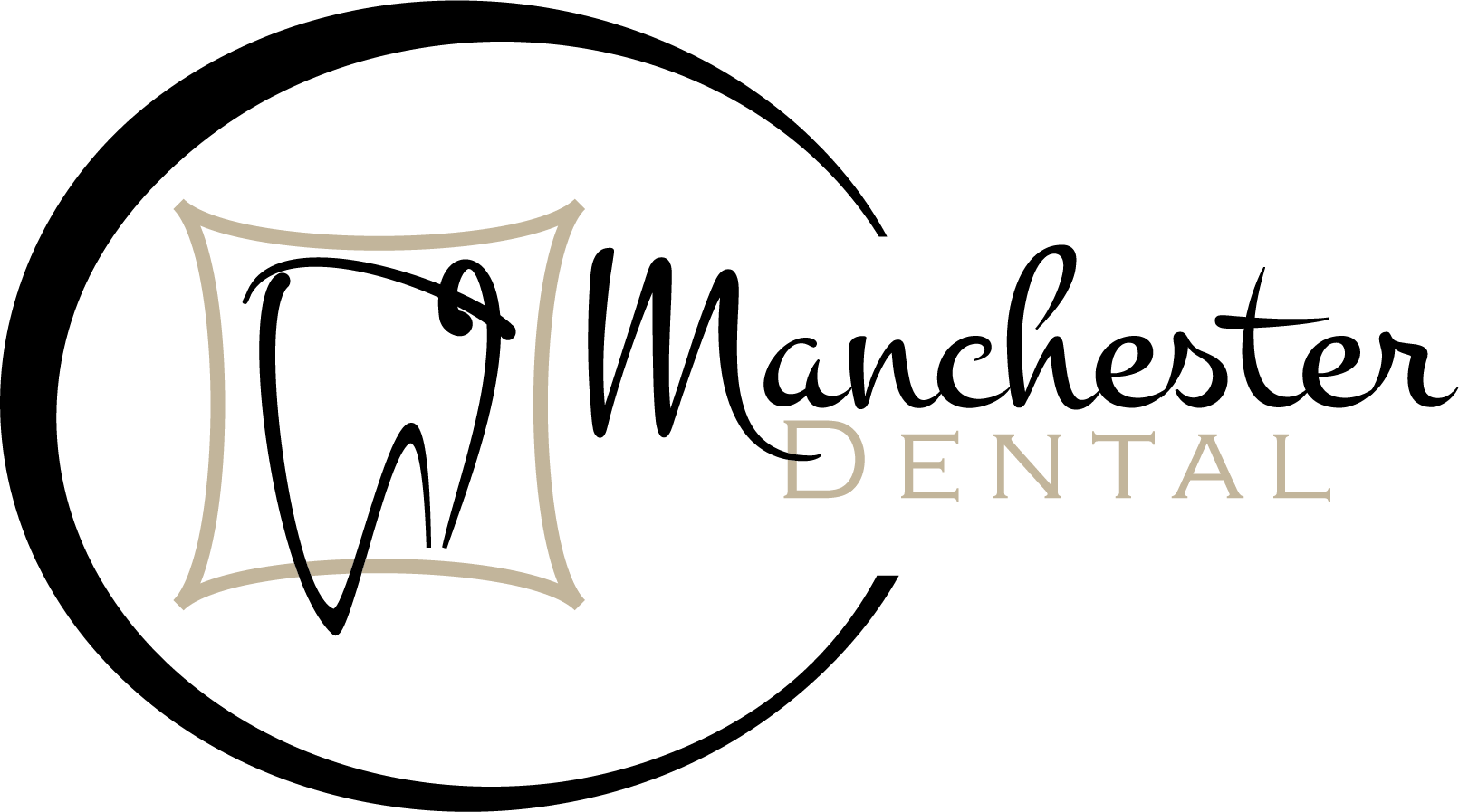Oral Surgery

Tooth Extractions
In some cases, it may be necessary to extract a tooth. This can happen for a variety of reasons such as cases where a deciduous “baby” tooth is reluctant to fall out, a severely broken down and non-restorable tooth is present, or a “wisdom tooth” is poorly positioned and unable to fully erupt into place.
Tooth extraction procedures today are far less painful than ever before, thanks to powerful anesthetics and sedatives. In many cases, a patient who has a tooth pulled experiences little discomfort and only minor bleeding.
Before a tooth is extracted, the area surrounding the tooth is numbed with a topical and injectable anesthetic.
Patients with extracted teeth sometimes need to take an antibiotic, and at the very least, take precautions following the procedure to ensure that infection doesn’t occur.
Smoking, vigorous brushing and rinsing, and drinking liquids through straws are discouraged during the post-operative period because they hinder healing and may cause the wound to open. Cold compresses applied to the outside cheek near the extraction area can help reduce any swelling and promote faster healing.
Wisdom Teeth Extractions
Wisdom teeth are the third and final set of molars that erupt in the back corners of the mouth. Unfortunately, most people experience problems from wisdom teeth. This is often because the teeth erupt too close to existing permanent teeth, causing crowding, improper bites, and other problems. Many people need to have their wisdom teeth extracted to avoid these problems. In general, the lack of the four wisdom teeth does not hamper one’s ability to properly bite down, speak or eat.
If you experience any of the following symptoms, please contact our office so that we can evaluate and arrange for removal of your wisdom teeth:
- Facial swelling
- Infection
- Pain
- Gum swelling
